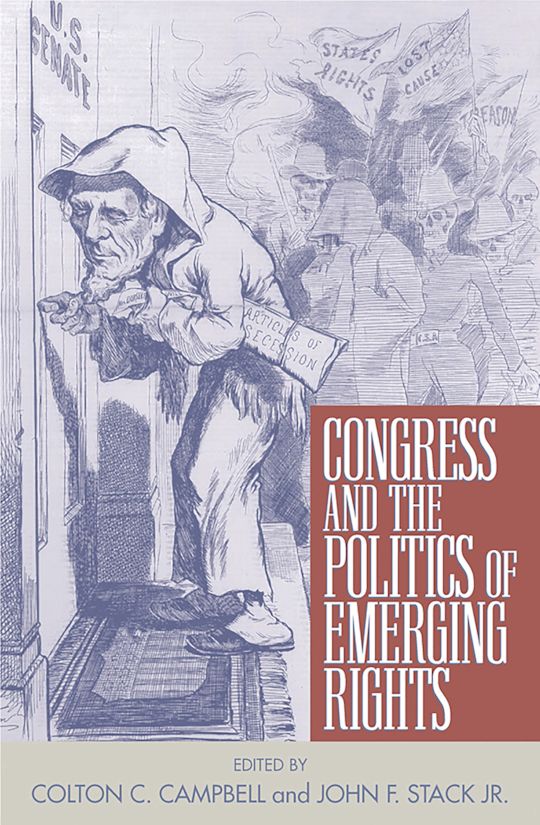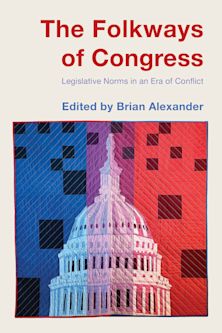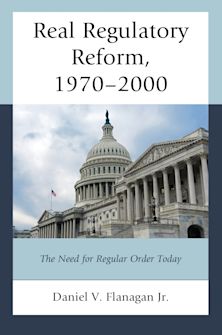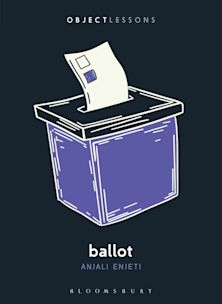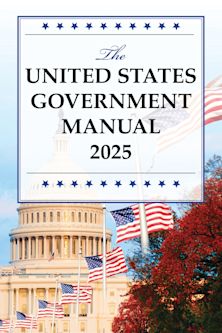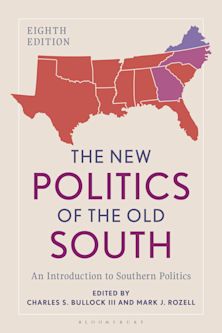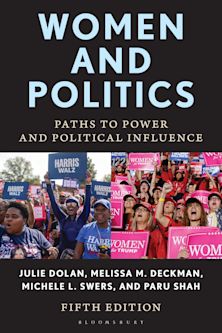- Home
- ACADEMIC
- Politics & International Relations
- American Government and Politics
- Congress and the Politics of Emerging Rights
Congress and the Politics of Emerging Rights
Colton C. Campbell (Anthology Editor) , John F. Stack Jr. (Anthology Editor) , Gregg Ivers (Contributor) , David Kaib (Contributor) , David M. O'Brien (Contributor) , Nicol C. Rae (Contributor) , Priscilla M. Regan (Contributor) , Rebecca Mae Salokar (Contributor) , John F. Stack Jr. (Contributor) , Mary L. Volcansek (Contributor)
Congress and the Politics of Emerging Rights
Colton C. Campbell (Anthology Editor) , John F. Stack Jr. (Anthology Editor) , Gregg Ivers (Contributor) , David Kaib (Contributor) , David M. O'Brien (Contributor) , Nicol C. Rae (Contributor) , Priscilla M. Regan (Contributor) , Rebecca Mae Salokar (Contributor) , John F. Stack Jr. (Contributor) , Mary L. Volcansek (Contributor)
For information on how we process your data, read our Privacy Policy
Thank you. We will email you when this book is available to order
You must sign in to add this item to your wishlist. Please sign in or create an account
Description
When average Americans think of rights, they generally conceive of written guarantees, like the Bill of Rights, which provide a framework for the defense and protection of individuals. But America has changed since the Constitution was written-technologically in terms of cars, telephones, and e-mail, and socially in terms of changing marriage patterns, urban violence, and gender equality. A panoply of rights never envisioned by our Founding Fathers has thus emerged. Reflecting the dynamism of America, provisions of the Constitution and the Bill of Rights have been interpreted and reinterpreted over time to protect a variety of rights not explicitly stated within these documents. As the U.S. Congress enters its third century, rights issues present complex problems for Congress and its members. Congress and the Politics of Emerging Rights explores the various dimensions of emerging rights from congressional and judicial perspectives, illustrating both personal and institutional challenges, especially under conditions of divided government and increased levels of partisanship.
Table of Contents
Part 2 Evolving Socio-Economic Rights
Chapter 3 Congressional Power to Establishe and Enforce Social Rights after United States v. Morrison: Limits and Possibilities
Chapter 4 Ironies and Unanticipated Consequences of Legislation: Title VII of the 1964 Civil Rights Act and Sexual Harassment
Part 5 Expanding Privacy at Work and at Home
Chapter 6 From Privacy Rights to Privacy Protection: Congressional Formulation of Online Privacy Policy
Chapter 7 A Right Too Far? The Congressional Politics of DOMA and ENDA
Part 8 Institutional Rights and Change
Chapter 9 The Emerging Rights of States: Revitalized Federalism
Chapter 10 Representing Congress: Protecting Institutional and Individual Members' Rights in Court
Part 11 Comparative Rights
Chapter 12 Rights in America through a Comparative Lens
Chapter 13 The United States Constitution
Chapter 14 References
Chapter 15 Index
Product details
| Published | 04 Dec 2001 |
|---|---|
| Format | Ebook (Epub & Mobi) |
| Edition | 1st |
| Extent | 224 |
| ISBN | 9780742574830 |
| Imprint | Rowman & Littlefield Publishers |
| Publisher | Bloomsbury Publishing |
About the contributors
Reviews
-
The various essays comprising Congress and the Politics of Emerging Rights are generally clear and informative...
Law and Politics Book Review
-
This book points to the important role that the US Congress, not just the Supreme Court, plays in defining 'new' rights in areas where the Constitution and prior Court decisions provide unclear guidance.
Political Studies Review
-
Rapid change-cultural, social, technological-has raised the profile of rights issues. Campbell and Stack have assembled a thought-provoking collection on a most timely topic. Students will learn from and be stimulated by Congress and the Politics of Emerging Rights.
Leroy N. Rieselbach, Indiana University









